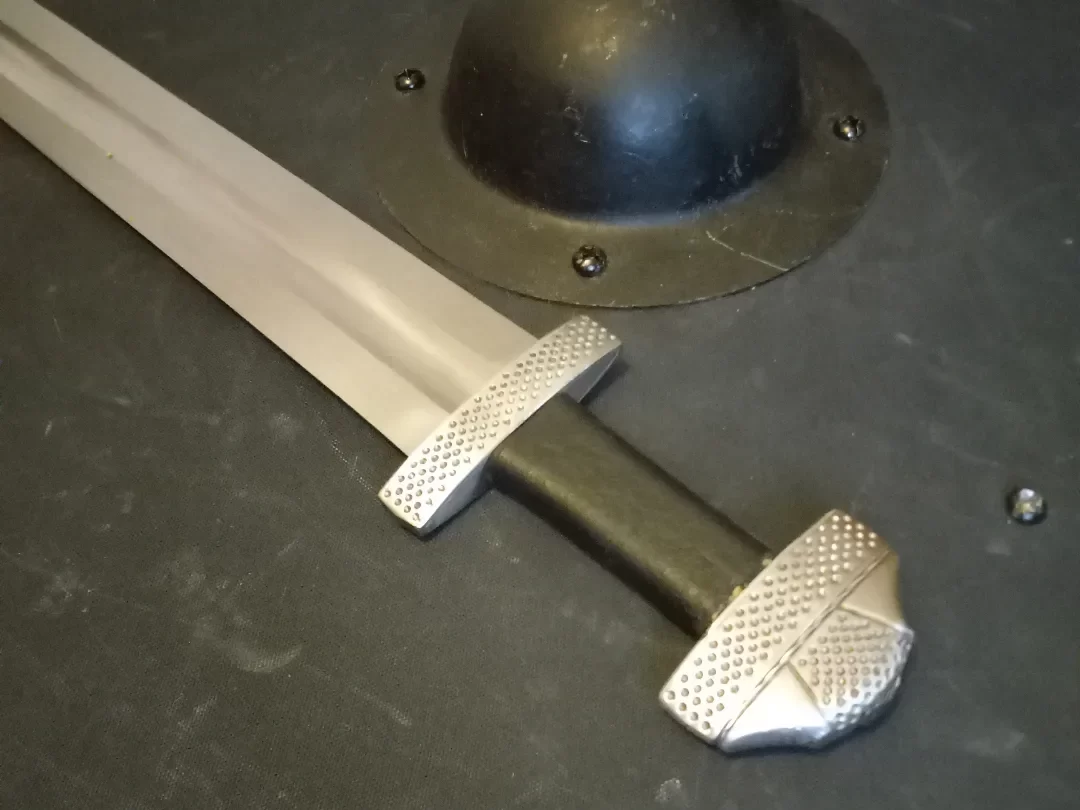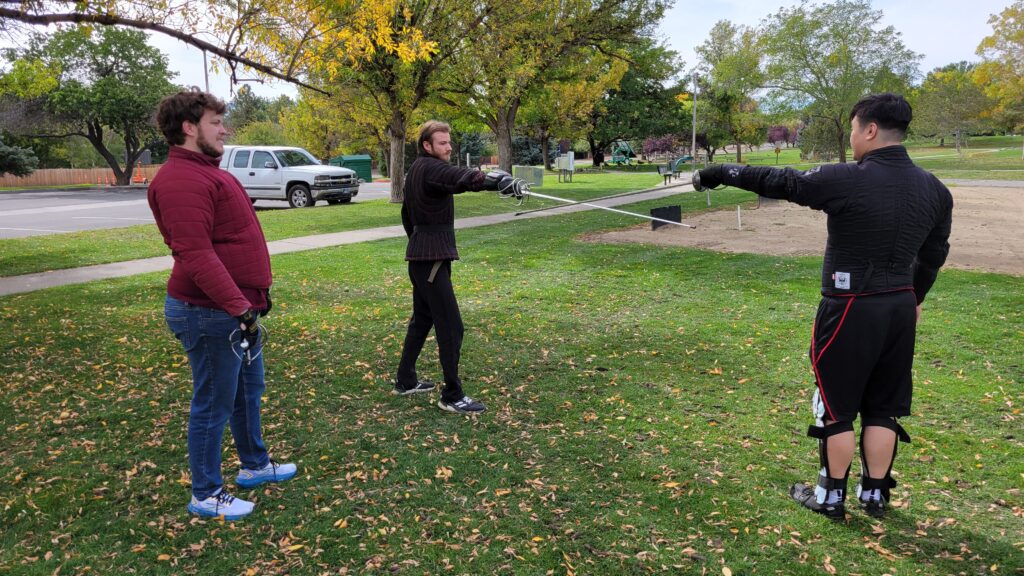Your cart is currently empty!

The Hidden Swordsmen

Not many people know what Historical Martial Arts (HEMA) is. Some people may have seen it but confused it for regular Olympic fencing. The purpose of this story is to broaden peoples awareness of HEMA as a growing competition sport, and also to shed light on what motivated people to get involved in it, as well as where they believe the sport is going.
The individuals in this story are part of the HEMA club known as the Noble Science Academy, which operates in the cities of Reno/Sparks as well as Las Vegas in Nevada. They are in fact just one HEMA club out of many all over the United States and Europe. Naturally, this geographically diverse set of clubs lends itself well to annual competitions, where fighters from far and wide come and cross swords in masterful displays of skill and dedication obtained from long hours of studying centuries old fencing manuals.
Unlike regular Olympic Fencing where the swords being used are floppy steel rods, HEMA practitioners utilize a wide variety of far sturdier weapons. Perhaps the most common is the Longsword, which is a large two-handed double edged sword made popular by such movies as Lord of the Rings, where a longsword is heavily used by characters such as Aragorn. Other popular swords include curved sabers and the needle-like rapier. Usually people will train with an assortment of different weapons in order to compete in different different divisions of the competitions to make the most of their trips.
When they are not on the tournament floor, many people who do HEMA spend their practice hours implementing techniques found in old fencing manuals from the medieval and renaissance eras. This study of historical sources is what these fighters believe sets them apart from other fencing sports.
Personally, I must admit that I am nowhere near as dedicated to the sport as some of the others practitioners in my area. Many of them live and breathe HEMA, and spend all of their free time training at the Noble Science Academy gym in preparation for the next tournament. Others are more laid back and view it as more of a hobby rather than a serious sport. One of the neat things about HMEA is that there is always a way to participate in it that appeals to all levels of dedication.
